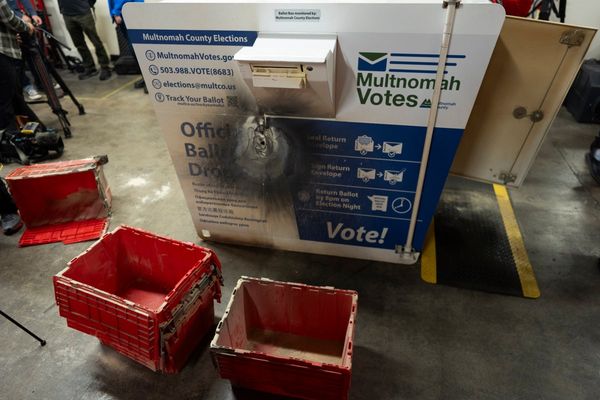Q: My long-term boyfriend has lousy credit but makes a good living and wants to buy a house and stop renting. I make less money but have much better credit. We are being told that I will need to cosign the loan for it to be approved. I trust him, but should I be concerned? — Kelly
A: In my law practice, I have seen the situation you describe go wrong many times.
While it is true that no one consults with a lawyer to tell them that everything worked out OK, you are right to be concerned.
While it is important to help the people you care about, whether a love interest or a family member, you should also treat such help with a critical eye and take reasonable precautions.
Fortunately, you can do some specific things to protect yourself in this situation.
Your best protection is having an ownership interest in anything you cosign a loan to buy. Make sure your name is put on the deed as a co-owner of the new home.
By owning part of the property, you have some control over it, and if things go wrong in your relationship, you can force its sale to pay off the mortgage.
When you own part of a home, it comes with the typical responsibilities of ownership. Taxes will need to be paid, landscaping performed, and repairs made. Whenever someone owns property with someone other than a spouse, they should have a written co-ownership agreement drawn up.
This agreement, often called a “cohabitation agreement,” deals with a wide range of details, including designating who is responsible for maintenance, what happens if one of the co-owners wants to sell while the other does not, what happens if someone passes away, and how the equity is split when the property is sold.
The importance of drafting this agreement is two-fold: it makes you think through the ramifications of owning a home together and sets out solutions for everyday problems before the stress of dealing with those problems sets in.







